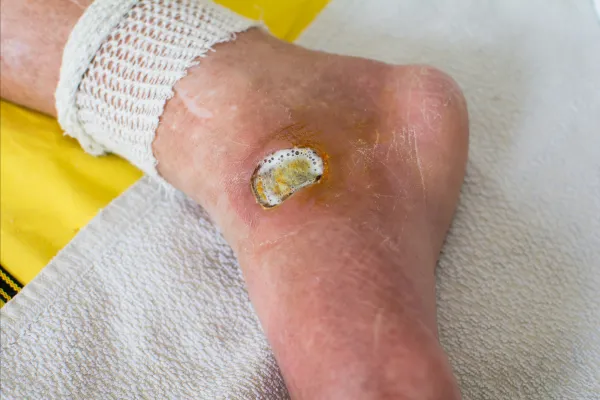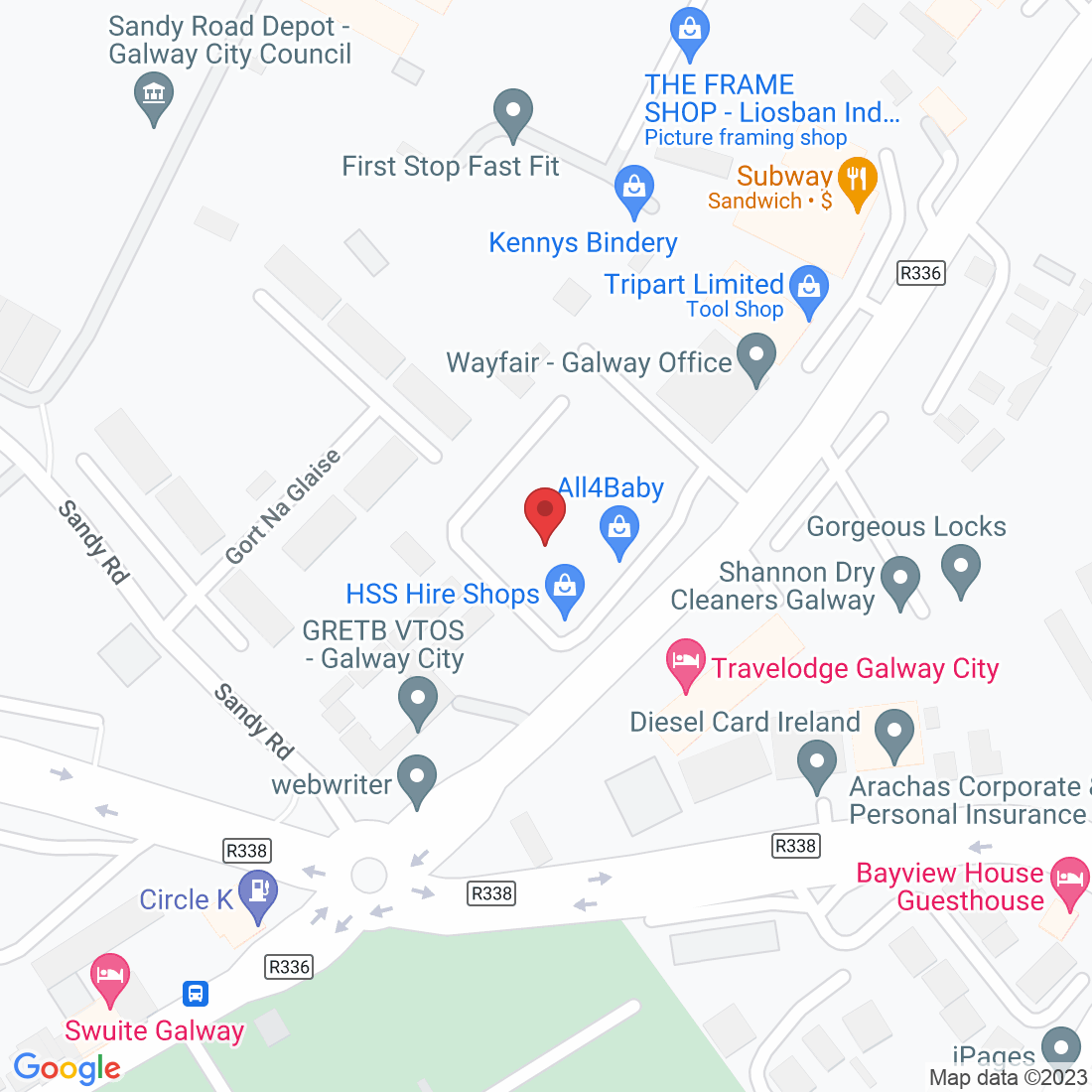
Neuropathic Ulcers: Understanding the Link Between Nerve Damage and Foot Health
For individuals with nerve damage, particularly those living with diabetes, neuropathic ulcers are a common and serious concern. These ulcers are more than just a sore spot—they are wounds that develop because of reduced sensation in the feet, often going unnoticed until they become a significant problem.
At Peak Podiatry, we understand the challenges that neuropathic ulcers present and the importance of proactive care. In this blog, we’ll explain what neuropathic ulcers are, why they occur, and how you can manage and prevent them with proper foot care.
What Are Neuropathic Ulcers?
Neuropathic ulcers are open wounds that form on the feet, typically in areas that experience repeated pressure or friction, like the soles or toes. They occur most frequently in people with peripheral neuropathy, a condition that causes nerve damage and reduces sensation in the feet.
When you can’t feel pain or pressure as well as you should, small injuries—like a blister or a cut—can go unnoticed. Without proper care, these minor issues can develop into larger, more serious ulcers.
What Causes Neuropathic Ulcers?
Several factors contribute to the development of neuropathic ulcers, including:
Diabetes: High blood sugar levels can damage nerves over time, reducing sensation in the feet.
Poor Footwear: Ill-fitting shoes can cause pressure points, friction, and small injuries that go unnoticed.
Foot Deformities: Conditions like bunions, hammertoes, or high arches can create areas of excess pressure.
Reduced Blood Flow: Poor circulation, common in diabetes, can delay healing and worsen foot ulcers.
Neglected Foot Injuries: Small injuries or cuts, when left untreated, can develop into open wounds due to lack of sensation.
Signs and Symptoms to Watch For
Neuropathic ulcers often start small but can progress quickly if not addressed. Here are some signs to look out for:
Open sores, especially on the soles or toes.
Redness, swelling, or discoloration around the affected area.
Drainage or pus from a wound.
Odor coming from the foot (a sign of infection).
Thickened or callused skin surrounding the ulcer.
If you notice any of these symptoms, it’s important to seek professional help immediately. Early intervention is key to preventing complications.
Why Are Neuropathic Ulcers Dangerous?
Because of reduced sensation, neuropathic ulcers can develop without causing pain, which makes them easy to ignore. If left untreated, they can lead to:
Infections: Open wounds are highly susceptible to bacterial infections, which can spread.
Tissue Damage: Persistent ulcers can damage the surrounding tissues, muscles, and even bones.
Amputations: In severe cases, untreated ulcers can lead to the need for partial or full amputation of the affected foot.
How Can Neuropathic Ulcers Be Treated?
At Peak Podiatry, we take a comprehensive approach to treating neuropathic ulcers. Treatment options include:
Wound Care: Cleaning the ulcer and applying dressings to promote healing.
Pressure Offloading: Using specialized footwear, insoles, or casts to reduce pressure on the affected area.
Infection Management: Prescribing antibiotics if an infection is present.
Debridement: Removing dead or damaged tissue to help the wound heal.
Education and Prevention: Helping you understand how to monitor your feet and prevent further ulcers.
How to Prevent Neuropathic Ulcers
Prevention is always better than cure, especially when it comes to neuropathic ulcers. Here are some essential tips to protect your feet:
Inspect Your Feet Daily: Check for cuts, blisters, or sores, especially if you have reduced sensation.
Wear Proper Footwear: Choose comfortable shoes with a wide toe box and soft insoles to reduce pressure.
Maintain Good Foot Hygiene: Keep your feet clean, dry, and moisturized (but avoid putting lotion between the toes).
Manage Blood Sugar Levels: For diabetic patients, controlling blood sugar is key to preventing nerve damage.
Visit Your Podiatrist Regularly: Routine check-ups allow us to spot small issues before they become serious problems.
Take Action to Protect Your Feet
Neuropathic ulcers are a serious condition, but with the right care, they can be treated and prevented. At Peak Podiatry, we specialize in helping patients with nerve damage, diabetes, and foot health concerns.
If you’ve noticed any sores, numbness, or discomfort in your feet, don’t wait. Early treatment can make all the difference.
Book an appointment today and let us help you keep your feet healthy and strong!
Final Thoughts
Your feet carry you through life—don’t let neuropathic ulcers slow you down. With proactive care, proper footwear, and regular check-ups, you can take control of your foot health and keep moving pain-free.
Ask Robert And His Team
Fill in the form to request a Call From Our Team
Fill in the form to request a Call From Our Team
One of our team will call you for FREE and answer any questions or concerns you may have about your Foot Pain.
One of our team will call you for FREE and answer any questions or concerns you may have about your Foot Pain.
© Copyright 2022. Peak Podiatry All rights reserved.





